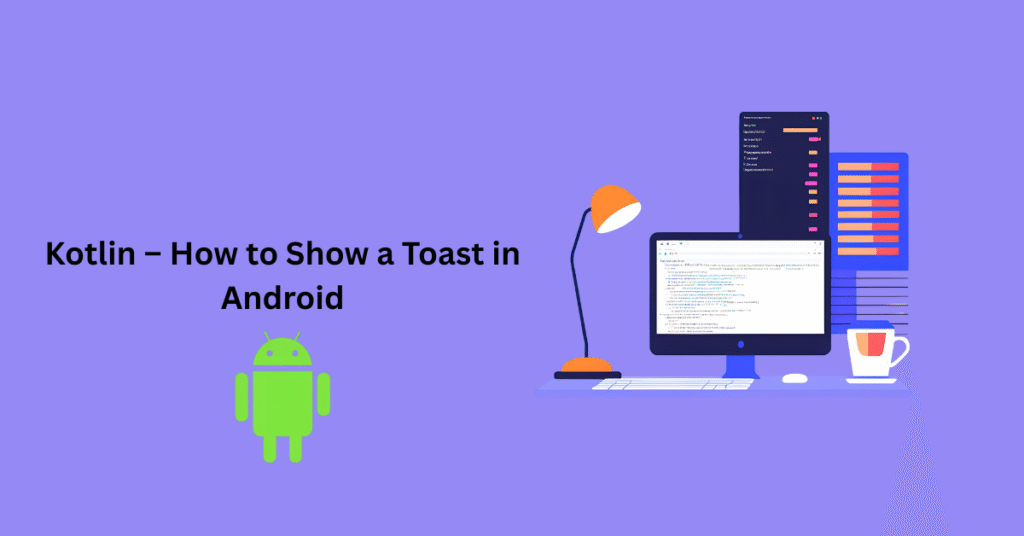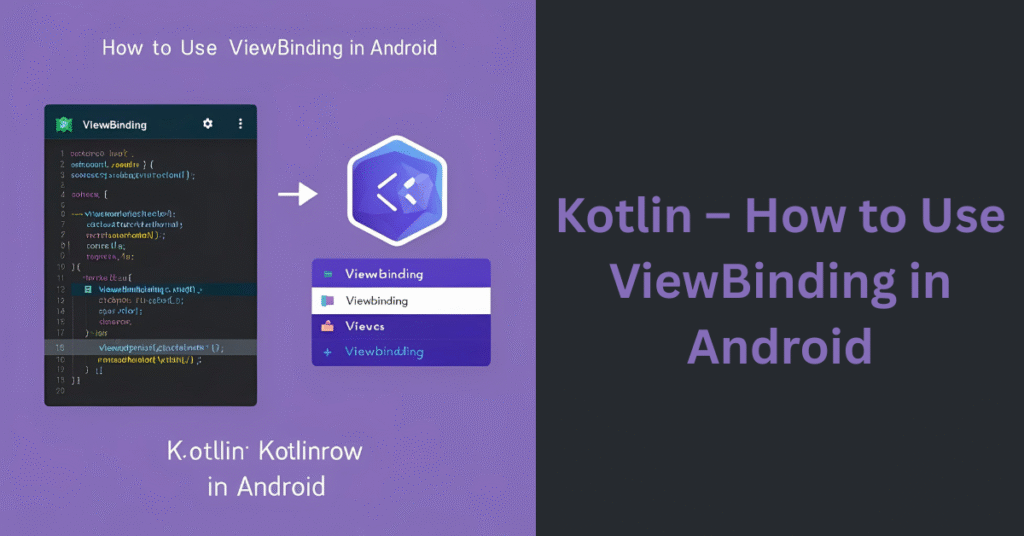Android development has evolved significantly, and one of the biggest shifts has been the move from Java to Kotlin. While both languages are officially supported by Google, developers often wonder which is better for their Android projects.
In this article, we’ll break down the pros, cons, and key differences between Kotlin and Java, helping you decide which language is right for your next app.
☕ Java: The Original Android Language
Java has been the traditional language for Android development since the platform launched in 2008.
✅ Java Pros:
- Wide adoption: Mature ecosystem with many libraries and frameworks.
- Readable syntax: Familiar to many developers.
- Strong community: Tons of resources, tutorials, and Stack Overflow answers.
- Great for beginners: Easy to start learning basic Android concepts.
❌ Java Cons:
- More boilerplate code: Writing setters/getters, constructors, and listeners can be verbose.
- Null safety issues: Common cause of app crashes (
NullPointerException). - Slower to evolve: Java updates are infrequent on Android due to compatibility concerns.
🔷 Kotlin: The Modern Favorite
Kotlin was announced as an official Android language by Google in 2017, and has since become the default choice for new projects.
✅ Kotlin Pros:
- Concise syntax: Less code, more functionality.
- Null safety built-in: Reduces crashes with nullable and non-nullable types.
- Modern features: Includes lambdas, coroutines, extension functions, etc.
- Interoperable with Java: You can use both in the same project.
- Official support from Google: Kotlin-first approach in Jetpack libraries and documentation.
❌ Kotlin Cons:
- Steeper learning curve: Modern features can be confusing for beginners.
- Slower compile times (in some cases): Though steadily improving.
- Smaller community: Still catching up with Java in terms of libraries and older documentation.
⚖️ Kotlin vs Java: Feature Comparison
| Feature | Java | Kotlin |
|---|---|---|
| Boilerplate Code | More | Less |
| Null Safety | No | ✅ Yes |
| Functional Programming | Limited | ✅ Yes (Lambdas, etc.) |
| Coroutines Support | No (uses Threads) | ✅ Yes (for async tasks) |
| Interoperability | N/A | ✅ Works with Java |
| Android Studio Support | ✅ Yes | ✅ Yes |
| Community Size | Large | Growing Fast |
💡 Real-World Example: Toast Message
🔸 Java:
🔹 Kotlin:
➡️ Kotlin is almost always shorter and cleaner.
🧠 Which Should You Choose in 2025?
✅ Choose Kotlin if:
- You’re starting a new project.
- You want faster development and cleaner code.
- You plan to use Jetpack Compose or modern libraries.
✅ Choose Java if:
- You’re working on a legacy app written in Java.
- You’re already highly skilled in Java.
- You need to integrate with old Java-based SDKs.
🏆 Final Verdict
📌 Kotlin is the future of Android development.
Google’s support, modern features, and developer-friendly syntax make it the preferred choice in 2025 and beyond.
But Java still has a place — especially in large, mature codebases.
🔚 Conclusion
Both Java and Kotlin have their strengths, but for most developers today, Kotlin offers a better and more productive experience for building Android apps.
✍️ Start learning Kotlin today if you haven’t already — your future self will thank you.

